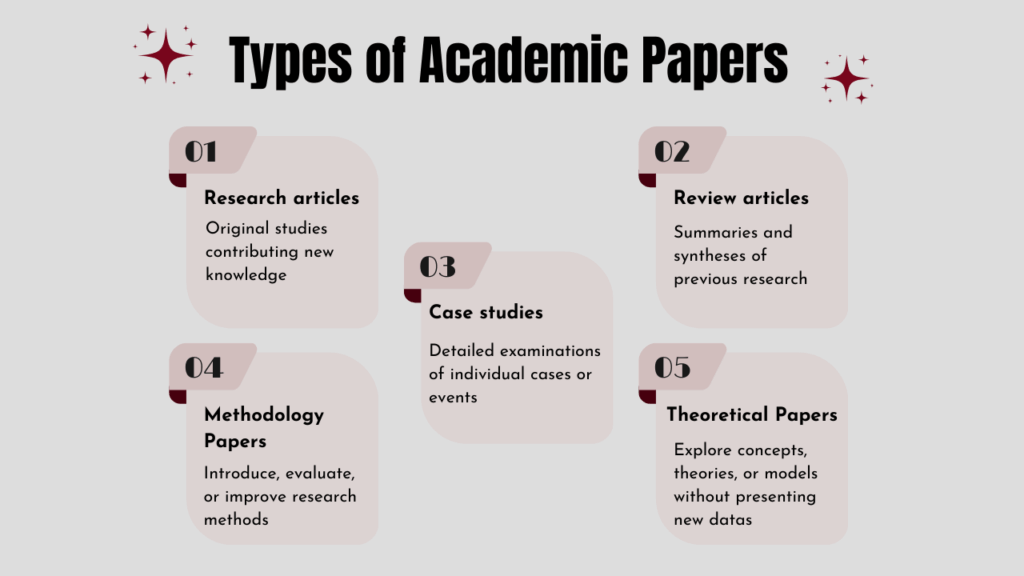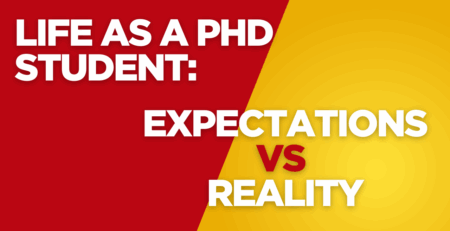Key Differences Between Review Papers and Research Papers Explained Simply
Kenfra Research - Bavithra2025-08-21T14:49:29+05:30Academic writing is an important skill that students and researchers need. It helps them clearly share their ideas, research, and findings with others. One of the first challenges in scholarly communication is understanding the difference between review and research papers. While both are valuable, they serve distinct purposes. Research papers present original findings, whereas review papers summarize and critically analyze existing literature. In this blog we will explain these differences in a clear, simple way to help you navigate academic writing confidently.
Understanding Research Papers vs Review Papers

What is a Research Paper?
A research paper is an academic document that presents original findings, experiments, or new insights. Researchers conduct studies, gather data, and analyze results to answer specific questions. The primary purpose of a research paper is to contribute new knowledge to a field.
Key features of a research paper include:
- A clear research question or hypothesis
- Original data collection and analysis
- Structured parts of a research paper: Introduction, Methods, Results, Discussion, and Conclusion.
How to write research papers involves following this structured approach while ensuring clarity and accuracy. Research papers often contain statistical data, charts, and detailed methodology. They are essential in advancing academic research and are the backbone of scholarly communication.
What is a Review Paper?
A review paper is an academic article that looks at and explains research already done on a topic. Unlike research papers, it doesn’t include new experiments or results. Instead, it gives a clear summary of what is already known.
Key features of a review paper include:
- A focused topic or research question
- Collection and analysis of relevant literature
- Identification of trends, gaps, and future research directions
- Critical evaluation of previous studies
How to write review papers effectively involves selecting relevant studies, organizing them logically, and highlighting key findings and gaps in the research. Review papers are particularly useful for students and researchers who want to understand the overall landscape of a topic.
Primary Differences Between Review Papers and Research Papers
Understanding the difference between review and research papers is crucial for students, researchers, and academics. Here is a clear comparison:
By recognizing these differences, writers can choose the appropriate type of paper for their research goals.
Why Understanding Research vs Review Articles Matters?
Knowing the difference between review paper and research paper is important for several reasons:
- Helps students and researchers select the right format for assignments or publications
- Ensures proper citation and adherence to academic standards
- Guides understanding of the structure, data requirements, and contribution of each paper type
Kenfra Research emphasizes that mastering both research and review papers improves academic credibility and strengthens scholarly communication.
How to Distinguish Review and Research Papers?
Here are practical ways to identify each type of paper:
- Content: Research papers present original experiments; review papers summarize existing studies.
- Data: Research papers include tables, graphs, and statistical analyses; review papers rarely present new data.
- References: Review papers often have extensive references compared to research papers.
- Purpose: If the paper’s goal is to contribute new knowledge, it is likely a research paper. If the goal is to synthesize and analyze trends, it is a review paper.
These distinctions make it easier for students and researchers to correctly cite and reference scholarly articles in their work.
Step-by-Step Guide to Writing Research Papers
For those aiming to write high-quality research papers, follow these steps:
- Select a relevant topic that contributes to the field
- Conduct a thorough literature review to understand prior studies
- Design methodology and collect original data
- Analyze results using statistical or qualitative tools
- Write discussion and conclusion, highlighting contributions and implications
- Proofread and format according to journal or institutional guidelines
Kenfra Research offers detailed guidance for students and professionals on how to write research papers efficiently, ensuring clarity, compliance, and credibility.

Types of Academic Papers
Academic writing encompasses several formats beyond research and review papers. Understanding the types of academic papers helps in selecting the right approach:
- Research articles: Original studies contributing new knowledge
- Review articles: Summaries and syntheses of previous research
- Case studies: Detailed examinations of individual cases or events
- Methodology Papers: Introduce, evaluate, or improve research methods
- Theoretical Papers: Explore concepts, theories, or models without presenting new datas
Each type serves a distinct role in scholarly writing, helping students and researchers contribute effectively to scientific papers and educational resources.
Simple Explanation of Research and Review Papers
To summarize:
- Research papers: Present original findings, conduct experiments, and contribute new knowledge
- Review papers: Summarize, analyze, and synthesize existing studies to identify trends and gaps
Understanding these differences allows scholars to navigate academic publishing effectively and make meaningful contributions to their fields.
Conclusion
The difference between review and research papers lies primarily in purpose, data, and structure. Research papers advance knowledge through original studies, while review papers provide critical overviews of existing literature. Both are vital for academic research, scholarly writing, and the advancement of science.
Kenfra Research continues to guide students and professionals in writing high-quality research and review papers, ensuring successful publication and effective communication of ideas in academia. By mastering both formats, scholars can produce credible, impactful work that supports learning and discovery.









Leave a Reply